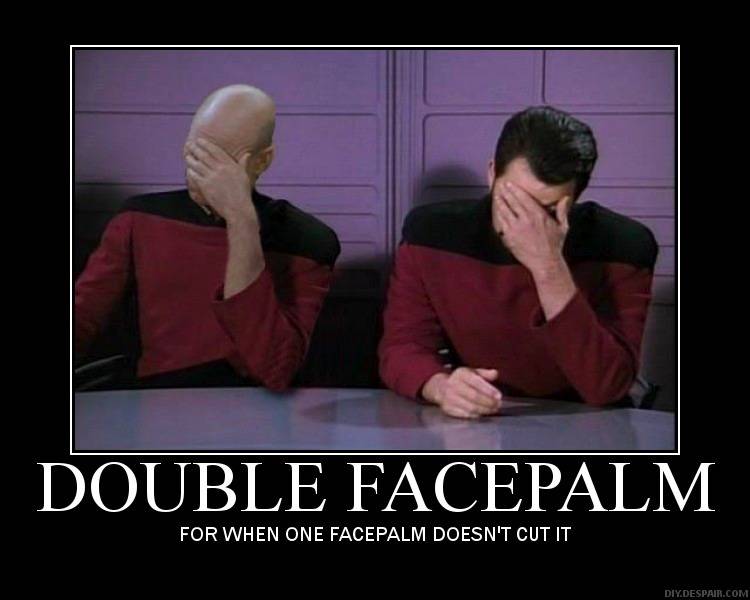I am always amazed that when a conversation about budgets and taxes starts up, someone always cries about "you're going to take something from me!" as if the ONLY possible option in tax discussions is to raise YOUR taxes.
There are other options.
For example, in 2011, corporations in America made over $7T in profits. Not revenue. Profits. How much of that did they pay in taxes? 35%? 25%? Nope. 12.1%.
Corporate Taxes As Percentage Of Profits Now Lowest In Decades
If companies ACTUALLY paid 35%, the federal budget would be balanced.
For example, in 2011, corporations in America made over $7T in profits. Not revenue. Profits.
No they didn't, not even close.
If companies ACTUALLY paid 35%, the federal budget would be balanced.
Your math is laughably inaccurate.
12.1% of $7T is $0.847T. 35% of $7T is $2.45T. A difference of $1.603T, which almost perfectly matches our budget deficit.
Now, I'm sure you will say my numbers are wrong, so I look forward to your link to the numbers you are using.
http://www.bea.gov/iTable/iTable.cfm?ReqID=9&step=1
Corporate profits with inventory valuation and capital consumption adjustments in 2011 were $1.827 trillion. $1.388 trillion for domestic industry.
You shouldn't multiply the annualized numbers by 4. LOL!
12.1% of $7T is $0.847T
Historical Tables | The White House
Table 2.1.
LOL! In 2011, corporate tax receipts were $181 billion



